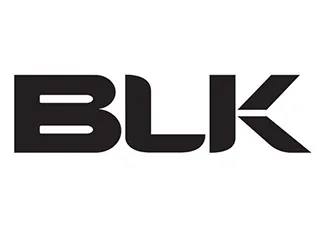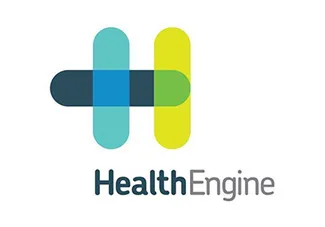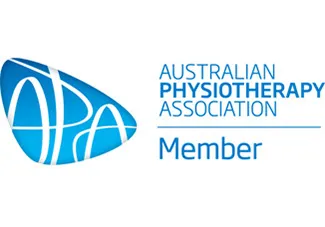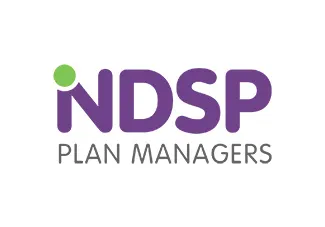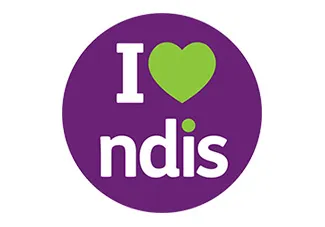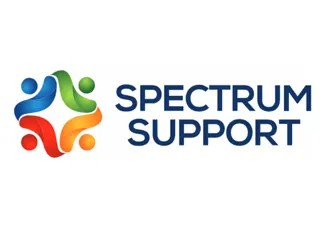Hobart Paediatric Occupational Therapy
Are you worried that your child may not be reaching developmental milestones?
Children of all ages can get the help they need to reach their potential and be the best they can be with Occupational Therapy (OT).
A child’s role in life is to play and interact with other children. Our Physio Inq Paediatric Occupational Therapists will evaluate your child’s current skills related to play, school performance, and daily activities and compare them with what is developmentally appropriate for that age group so they can make recommendations for your family as to any assistance your child may require to achieve their goals.
Paediatric Occupational Therapists work with children of all ages and their families to help children of all ages perform daily activities that they may find challenging by addressing sensory, social, behavioural, motor, and environmental issues.
Our OT’s utilise the latest research and technologies in their field to assess and design rehabilitation programs that are evidenced based, efficient and effective ensuring your child is always receiving first class services.
Paediatric OT's have specialist skills and experience in helping children through crucial periods of development with activities such as:
- Self care: dressing, bathing, using the toilet, eating, doing chores, making a snack and organising themselves.
- Play and leisure: playing alone or with others, imaginary play and participating in leisure/sport activities.
- School: tasks involved with participating in a learning environment such as concentrating, following instructions and handwriting and typing skills.
There are many reasons why a child may need support to participate in everyday activities. OT's can help children who have challenges related to:
- Fine motor and gross motor skill development
- Self regulation and behaviour
- Sensory processing
- Attention
- Coordination
- Cognition and learning
- Visual perception
- Handwriting
- Conditions such as Autism, Attention Deficit Hyperactivity Disorder, Cerebral Palsy, Down Syndrome, Developmental Delay, Developmental Coordination Disorder, Dyslexia and more.
Physio Inq OT’s will set goals with your family and child, and support your child to achieve these goals by:
- Helping your child to build their skills through targeted and fun activities.
- Providing you with specialist advice and support to adjust your child's activity or environment, in order to help your child to participate better. This could involve supporting your child with specialist equipment.
- Providing guidance to you and to other important people in your child's life, such as teachers, so that you know how to support your child to reach their potential every day.
We will assist you and your family in any way that can improve daily function and activities. After an initial assessment, your Physio Inq OT will coordinate with you, other relevant professionals, carers, and family members to assist in developing a treatment plan and strategy that is best suited.
Other Occupational Therapy services that Physio Inq is able to offer
Make a Referral
About Physio Inq's Care
- Strong history in home based care Over 200 clinical experts in services for paediatric occupational therapy
- A commitment to expediting referrals based on clinical needs
- Dedicated contact person for your business
- Access to multiple disciplines and services under one roof
- Large geographical coverage
- High quality reporting Experienced clinical staff
We are committed to providing our service In-Home wherever possible. From time to time, circumstances such as staffing, demand and availability may prevent this from occurring. In those instances, we will assist in arranging alternative service methods such as telehealth for Occupational Therapy.


